Are you looking to ensure the safe and efficient transport of your temperature-sensitive goods? Crafting a temperature-controlled transport plan is essential for maintaining product integrity from start to finish. In this article, we'll explore the key components of a successful plan, including guidelines for packaging, transport methods, and monitoring systems. So, let's dive into the details and discover how you can streamline your logistics for optimal results!

Objective and Purpose
A temperature-controlled transport plan is essential for the safe delivery of sensitive goods, such as pharmaceuticals and perishable foods, requiring strict adherence to specified temperature ranges during transit. Maintaining optimal temperature conditions, typically between 2 to 8 degrees Celsius for pharmaceuticals, ensures the efficacy and safety of these products, preventing spoilage or degradation. This plan outlines the logistics, equipment, and protocols necessary to support these temperature requirements, including the use of refrigerated trucks or temperature-controlled shipping containers designed for long-distance travel. Regular monitoring through advanced tracking systems, capable of real-time temperature readings, guarantees compliance throughout the journey and provides documentation for quality assurance. By implementing this transport strategy, stakeholders can enhance product integrity, mitigate financial loss, and adhere to regulatory standards set by agencies like the FDA and WHO.
Temperature Range Compliance
Temperature-controlled transport plans ensure compliance with strict temperature ranges for sensitive cargo, particularly pharmaceuticals and perishable goods. A typical temperature range might fall between 2 to 8 degrees Celsius for refrigerated items, while frozen products require temperatures below -18 degrees Celsius. Proper documentation is vital, including temperature logs detailing transport conditions during transit. Advanced GPS tracking systems in vehicles, like those used in cold chain logistics, help maintain the required climate and monitor deviations in real-time. Failure to adhere to these temperature guidelines can cause spoilage, loss of product integrity, and financial repercussions, highlighting the importance of meticulous planning and execution in temperature-sensitive logistics.
Handling and Packaging Instructions
Temperature-controlled transport plays a crucial role in preserving the quality of sensitive goods such as pharmaceuticals, perishables, or chemicals. Specific temperature ranges, often between 2 to 8 degrees Celsius for medications, must be meticulously maintained during transit. Employ insulated packaging materials like Styrofoam containers or vacuum-sealed bags to minimize heat transfer. Utilize real-time temperature monitoring devices that provide alerts if deviations occur, ensuring compliance with regulations from health authorities like the FDA or EMA. Proper labeling with handling instructions and temperature requirements is essential for maintaining chain of custody in logistics centers. Additionally, pack items tightly to prevent movement that could cause damage, while ensuring adequate ventilation to avoid condensation buildup within packages.
Monitoring and Documentation Procedures
Temperature-controlled transportation is pivotal for maintaining the integrity of perishable goods, such as pharmaceuticals, fresh produce, and dairy products, ensuring compliance with specific temperature ranges (typically between 2 and 8 degrees Celsius). In accordance with industry standards (e.g., Good Distribution Practice, GDP), diligent monitoring procedures must be implemented, utilizing data loggers that record temperature variations every 15 minutes throughout transit. Detailed documentation is essential, encompassing shipment details (including sender and recipient information), vehicle specifications, and pre-transport temperature checks. Furthermore, a corrective action plan should be established to address deviations outside the acceptable temperature thresholds, ensuring rapid response to protect product quality. Regular training for personnel on monitoring and documentation is crucial to uphold best practices in temperature-controlled logistics.
Emergency and Contingency Plans
Temperature-controlled transport plans are essential for preserving perishable goods, specifically pharmaceuticals such as vaccines and biological samples. Events like system failures in refrigeration units, which can occur during transportation of temperature-sensitive cargo, necessitate robust emergency protocols. In facilities such as distribution centers, temperatures must consistently remain between 2 to 8 degrees Celsius for optimal product integrity. Real-time monitoring systems, integrated GPS technology, and backup power sources play crucial roles in preventing spoilage due to temperature fluctuations. Adequate training for personnel on contingency responses to alarms ensures immediate corrective actions, minimizing risks associated with logistic disruptions.

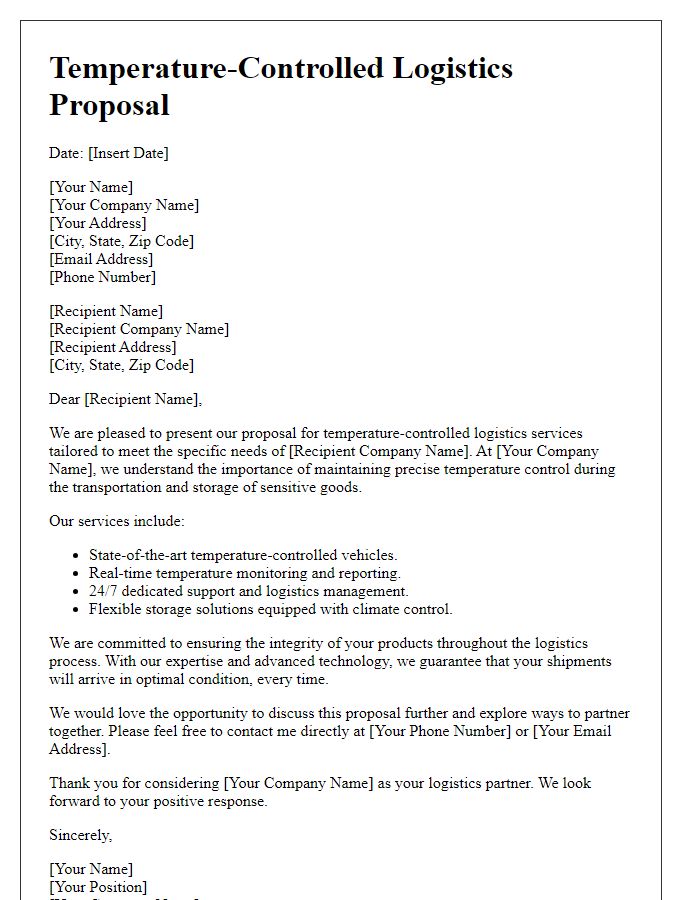
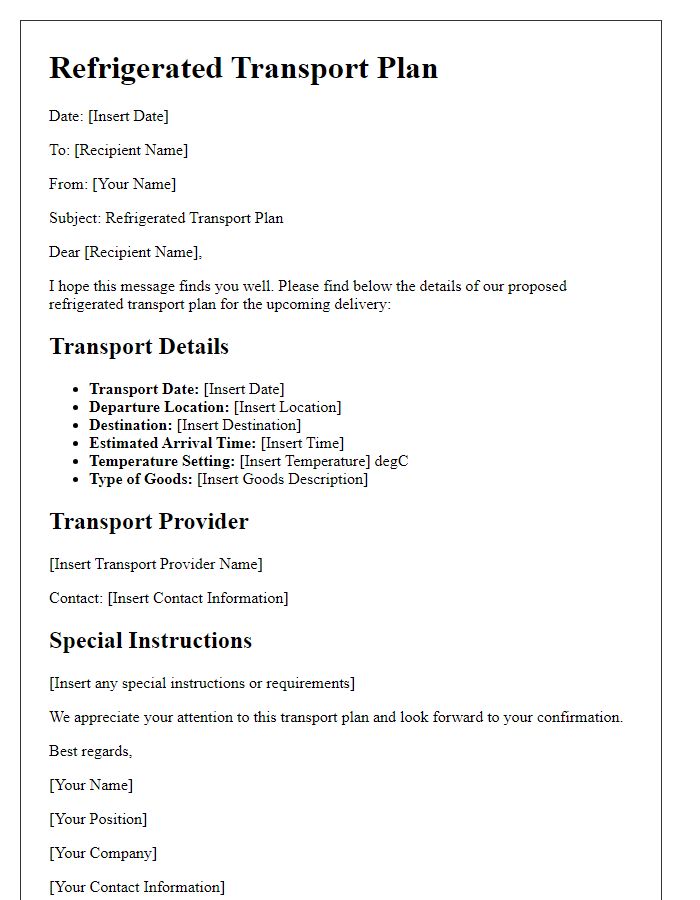
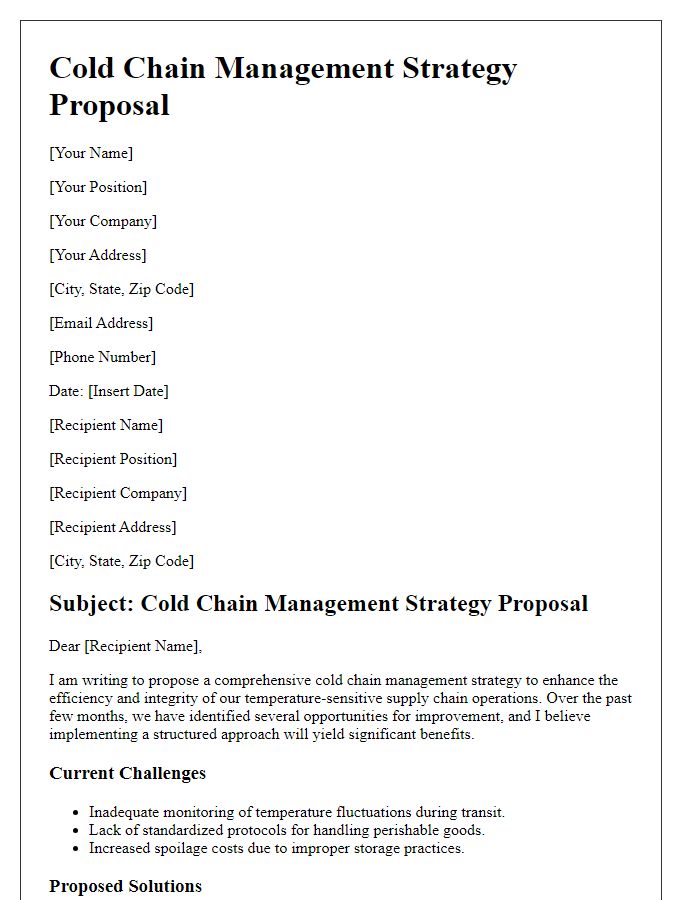
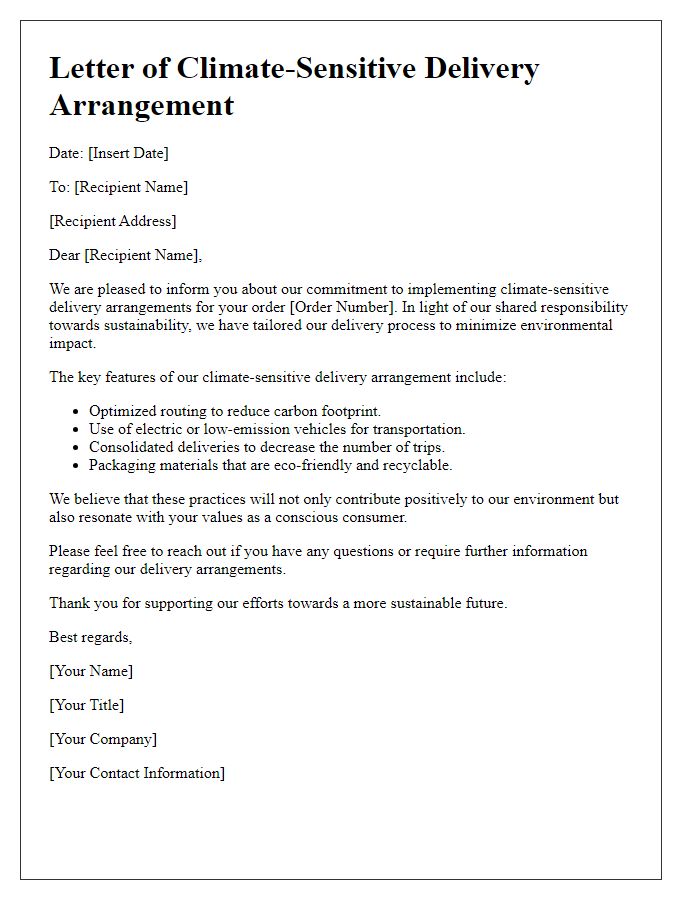
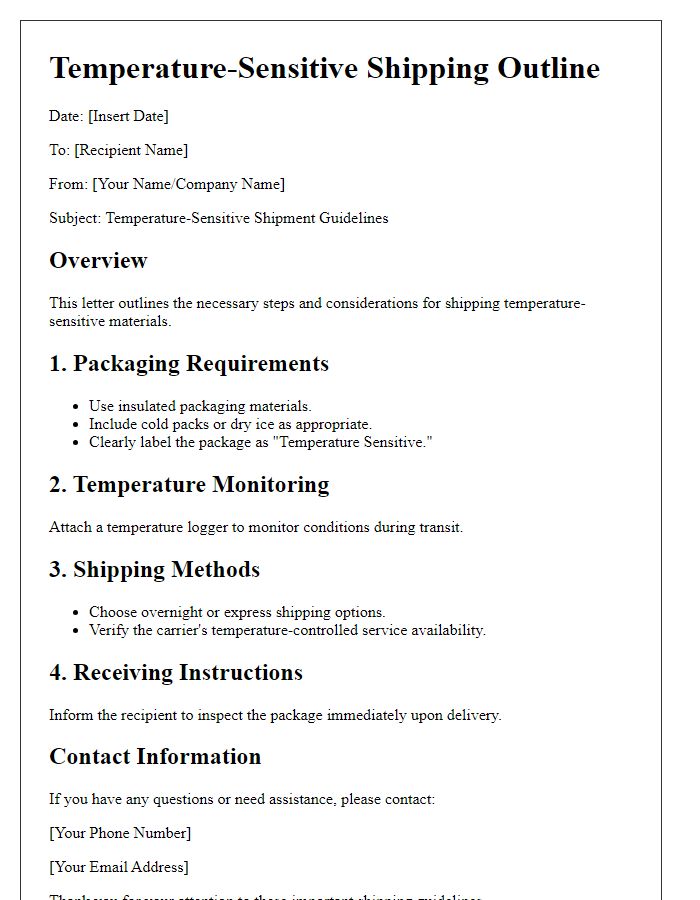
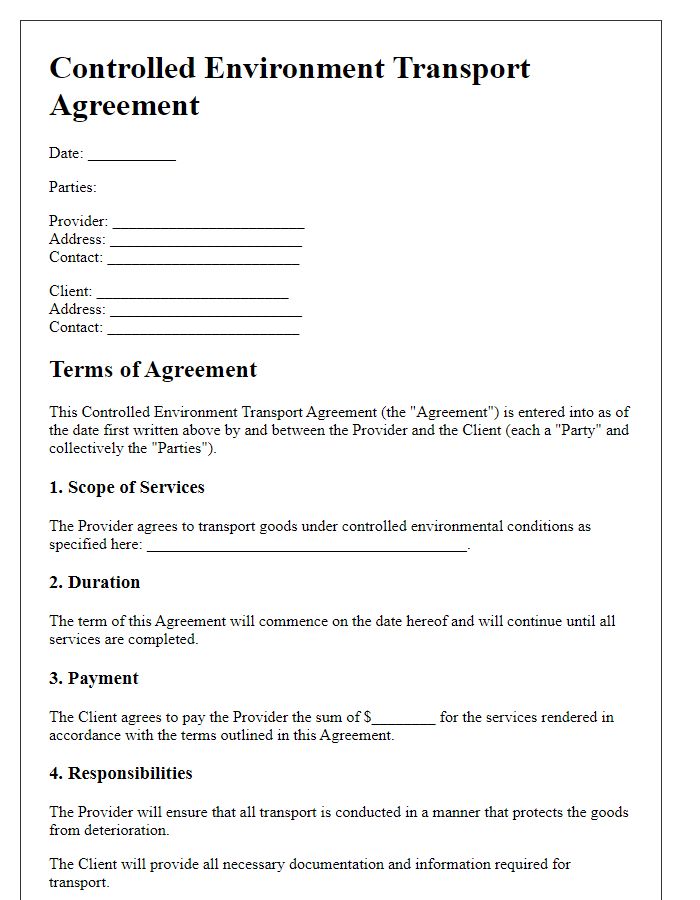
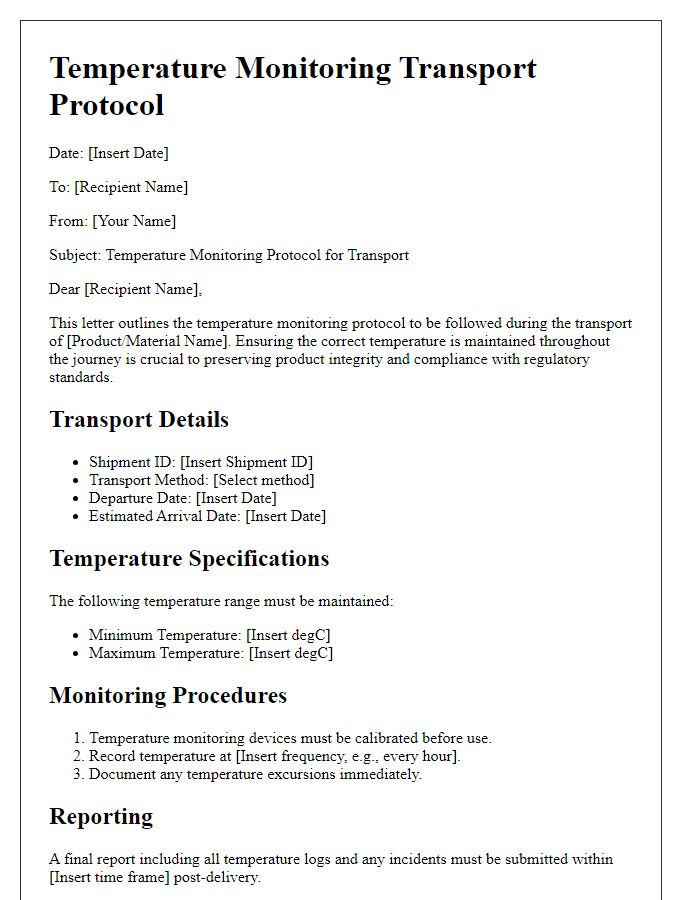
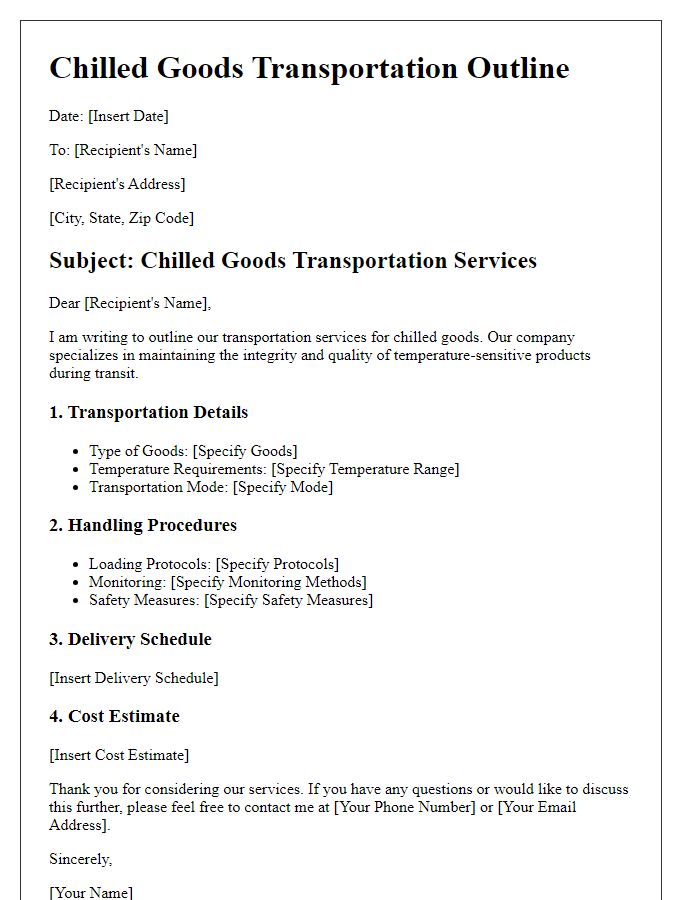
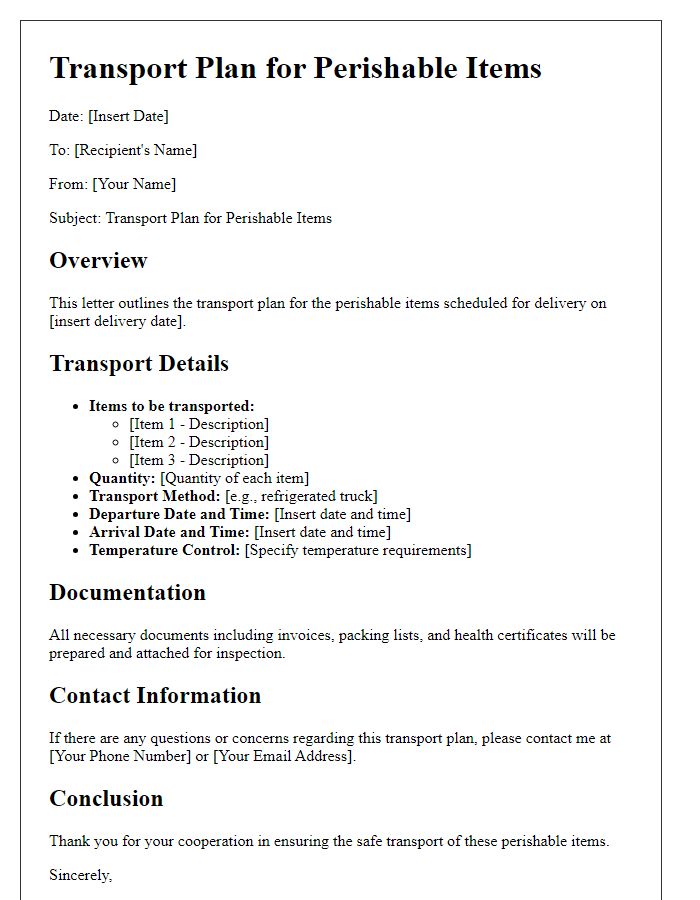
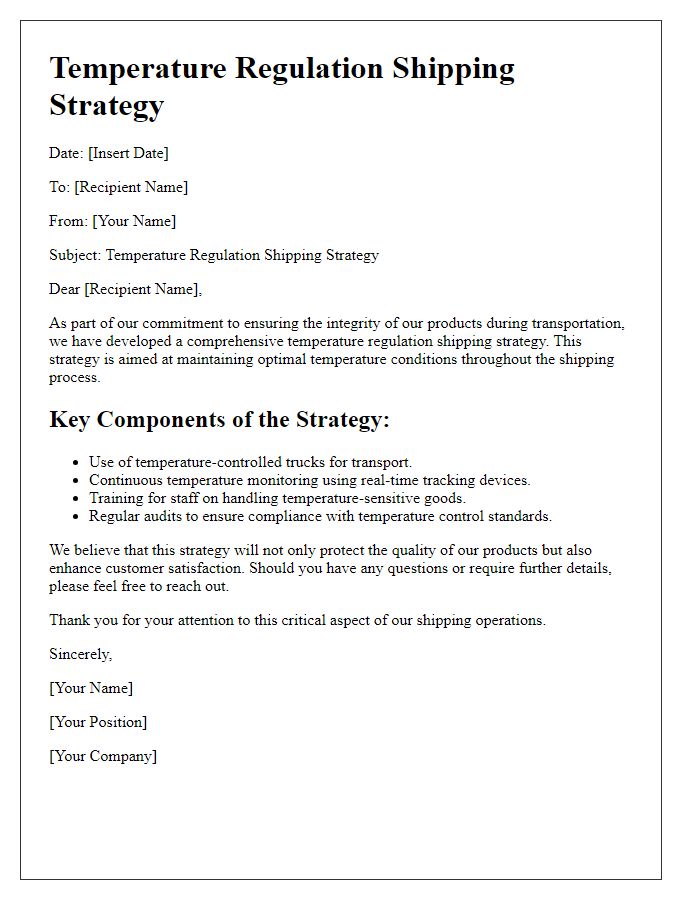


Comments